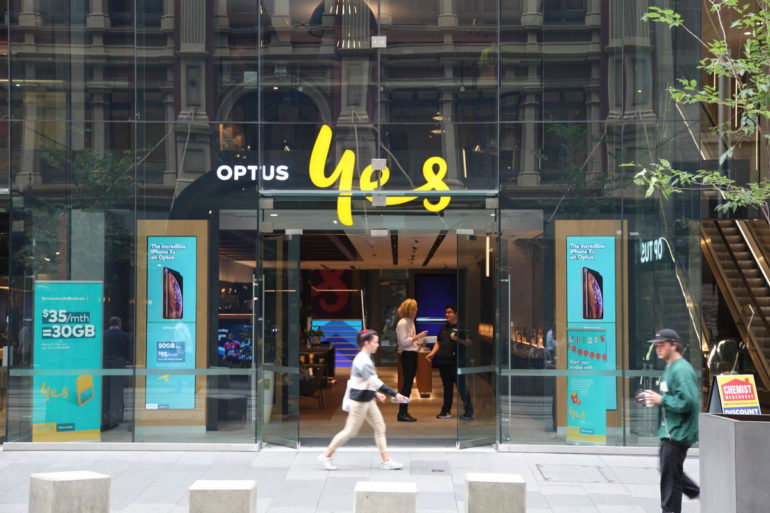Singaporean-owned Australian telco Optus reported on Thursday it was the latest telco to have its earnings smashed by the global pandemic and associated downturn.
Across the half year to September 30, Optus saw revenue drop 9% to AU$4.1 billion, while earnings before interest, tax, depreciation, and amortisation (EBITDA) fell by almost a third to AU$997 million.
By the time the numbers hit the bottom line, the telco reported a net loss of AU$27 million, compared to AU$235 million in profit posted for the first half of 2019.
In its consumer business, revenue and EBITDA was down by 11% to AU$3.4 billion and 31% to AU$924 million, respectively. The company received AU$209 million in payments from NBN, a drop of 27% compared to last year.
“Optus mobile service revenue was down 2% as customer growth, roaming and prepaid revenues were impacted by the COVID-19 lockdown and global travel restrictions which resulted in reduced inbound and outbound travellers and fewer overseas students to Australia,” the company said. “Operating revenue was also impacted by Optus’ COVID-19 customer support measures.”
The telco said without the impacts of the pandemic, it would have reported low single-digit growth.
“Optus has been focused on doing the right thing to support customers and staff during a very challenging year, and our results reflect the conditions we currently face,” CEO Kelly Bayer Rosmarin said.
“I take heart from the inherent resilience in our core business, and the strong recoveries we have seen across our channels with the easing of COVID-19 related restrictions.
“Whilst the headwinds are likely to continue to dampen our performance for the foreseeable future, I am optimistic about our longer term plans and expect a return to growth underpinned by a continued focus on customers.”
In terms of mobile customer numbers, Optus saw a 9% drop to 3 million prepaid customers compared to last year, and its postpaid customer level was steady at 5.8 million postpaid customers. Average revenue per user was steady at AU$18 a month for prepaid, and down AU$2 to AU$36 for postpaid. Average data usage per month was steady at 11.1GB for the half year, however, the second quarter saw that number jump to 13.9GB, offsetting the drop in the first quarter down to 10GB.
For its fixed-line services, Optus has 48,000 standalone telephony customers, a drop of 25%; 56,000 on its cable network, down 76%; and 50,000 on ADSL services, a drop of 66% on last year. Heading in the opposite direction, the telco increased its NBN customer base by 32% to 961,000.
Overall, the amount of fixed-line customers dropped 5% to 1.12 million, while Optus Sport grew 6% to 858,000.
With its enterprise arm, Optus reported revenue increased 5.4% to AU$637 million, while EBITDA grew 2.9% to AU$54 million.
Managed services increase by 11% to account for AU$233 million in revenue and cybersecurity accounted for AU$62 million, a 29% increase, which rolled up into a 14% revenue increase for its ICT segment. Carriage segment revenue dropped 1% to AU$342 million, led down by a 9% drop in data and a 13% revenue drop in equipment sales.
At the end of the first half, Optus had an overall headcount of 7,055.
The parent company of Optus, Singtel, reported revenue was down 10% in its first half to SG$7.43 billion, and underlying net profit dropped 36% to SG$837 million, for which the pandemic and Australia took the blame. Overall, Singtel reported a SG$466 million net profit, a turnaround on last year’s SG$127 million net loss.
At the start of November, Optus announced it was purchasing the mobile business of its long-time customer Amaysim for AU$250 million.



